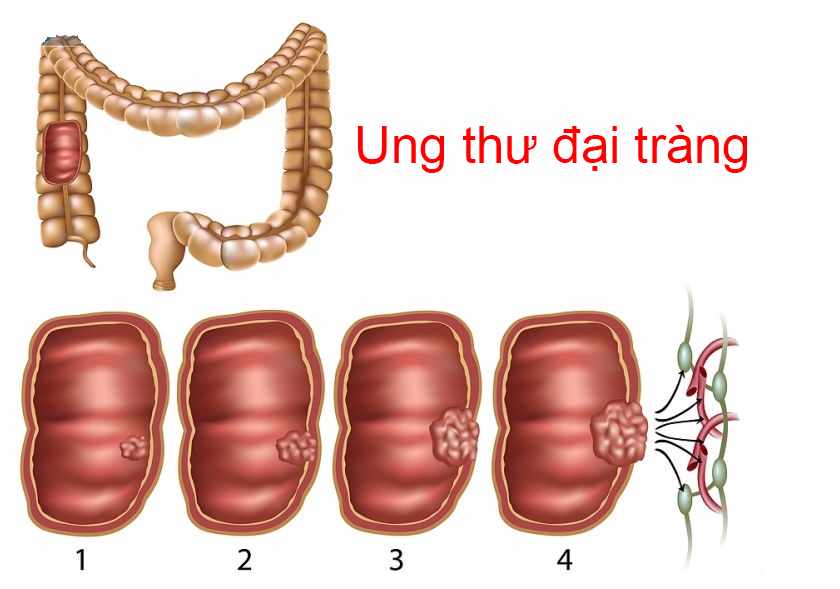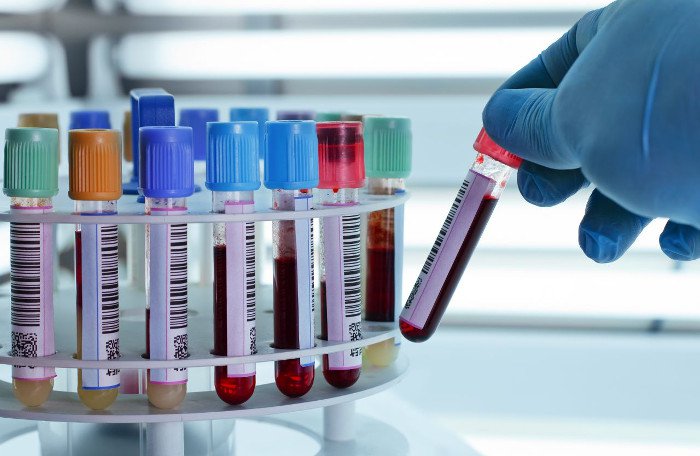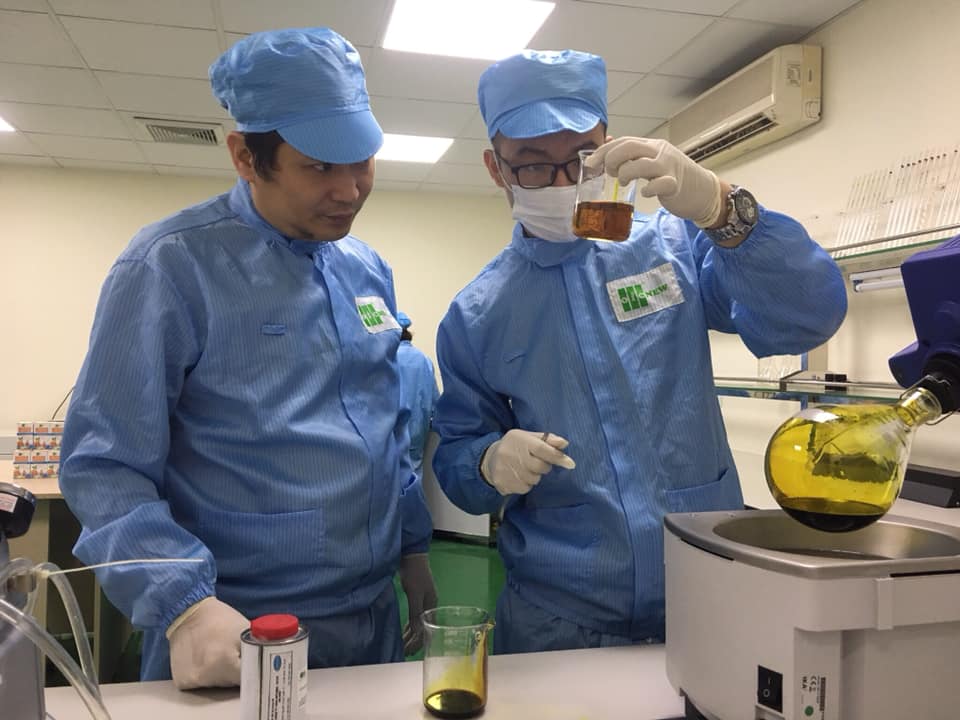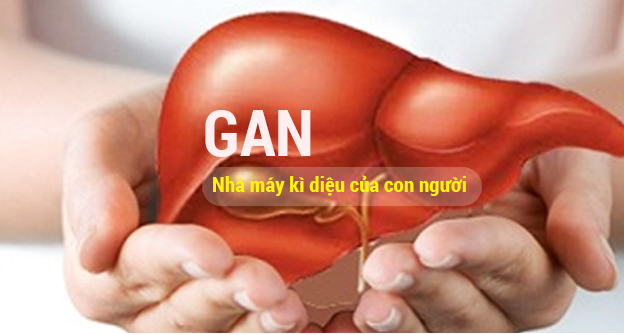People with colon cancer are often detected at a late stage, because the symptoms are easily confused with other gastrointestinal diseases. The following research opens up new opportunities for patients.

The study was supported by the National Cancer Institute. The results of this study were published in the journal Science Translational Medicine on July 12, 2017.
“Biomarkers”, roughly translated as biomarkers or biomarkers, are molecules that express a biological data.
Biomarkers can be simply chemicals, similar to glucose as a marker for diabetes, or protein molecules such as antibodies as markers of infection, or genes as markers for genetic diseases.
In this study, the biomarker was the protein molecule in the blood.
Colon cancer is often diagnosed late
Colon cancer is one of the deadliest cancers in the United States. Scientists predict the number of deaths from this cancer is second after lung cancer.
Colon cancer is usually diagnosed in the late stages. By then, the tumor had spread to the lymph nodes and other organs. At this stage, the tumor cannot be removed by surgery, and chemotherapy and radiation are not effective. Less than 10% of patients can survive for 5 years after contracting the disease.
Several recent studies have identified several biomarkers with potential for early diagnosis of cancers before they have spread to other organs.
Biomarker for early diagnosis of colon cancer
The team used human colon tumors to develop new cells that have the ability to divide and grow into other cells. These cells were transplanted into mice to allow tumors to grow, causing mutations in the KRAS and TP53 genes.
Tumor tissue samples are then isolated and cultured in a laboratory medium to determine the types of proteins produced. More than 100 proteins have been discovered, including TGFβ, which is thought to be involved in the signalling pathway of colon cancer.
The relationship between biomarkers and colon cancer

The scientists took samples from colon cancer patients and healthy people. The difference between the two tissue samples was the THBS2 protein concentration. In colon cancer patients, THBS2 levels were higher than in healthy subjects.
The team also validated the experiment using The Cancer Genome Atlas and found that the THBS2 protein was found more frequently in colon tumors than in other tissues.
The researchers then examined THBS2 protein levels in tissue samples from people with early- and late-stage colon cancer and in cancer-free people with a history of chronic pancreatitis.
The results showed that THBS2 protein helps to accurately distinguish colon cancer samples from non-cancerous samples. Another biomarker, CA19-9 also gave similar results as THBS2.
The combined analysis of both THBS2 and CA19-9 biomarkers gives more accurate results. The accuracy of cancer diagnosis is 87% when testing the concentration of both these markers. This increases the accuracy of the method, helping to distinguish between early and late-stage cancers. Usually, when one indicator has a low concentration, the other indicator will have a higher concentration.
Scientists use ELISA technology to measure the concentration of indicators. This technology uses antibodies to each specific protein to check the protein concentration in a blood sample.
In addition, the scientists also sent samples for analysis at the University of Pennsylvania, USA to cross-check with the research team’s results. The results between the two evaluations were similar.
Hope for patients at high risk of colon cancer

Colonoscopy and blood tests are two effective methods of detecting colon cancer
The results of the study offer new hope for patients at risk of colon cancer. People at risk for cancer often have a close relative with colon cancer or a history of chronic pancreatitis.
The main drawback of this study is that the THBS2 marker was also detected in other cancerous tumors although at lower concentrations.
Dr. Ken Zaret further explains: “The specificity of each type of cancer is an important factor in the early diagnosis of cancer. If future studies show that the concentrations of these markers are not high in the type of bowel and stomach cancer, we can conduct clinical trials.”
Source: Theo National Cancer Institute
















